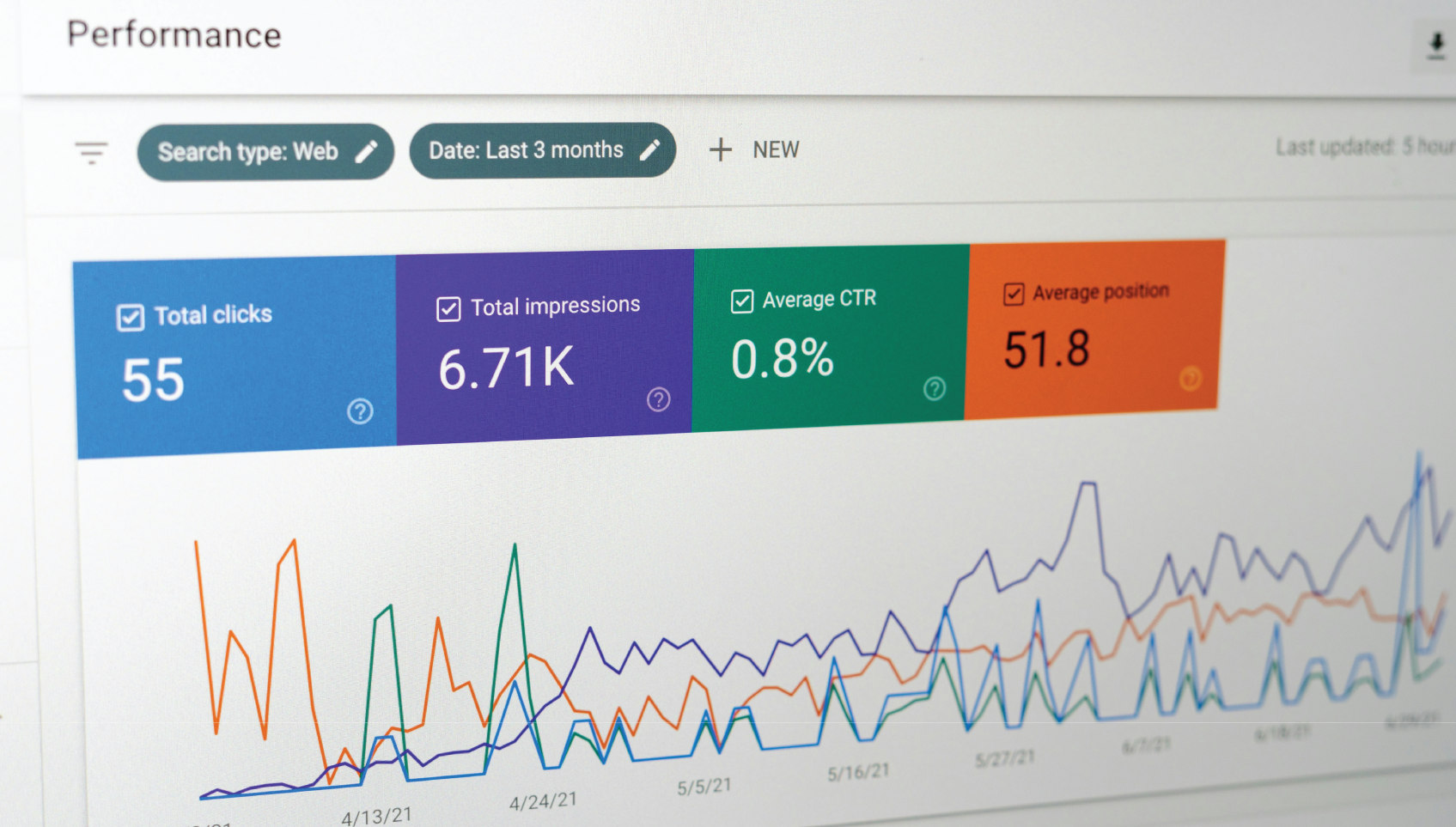Top 10 SEO Tips to Boost Your Website Traffic in 2025

Want your website or blog to attract more visitors, understanding and applying SEO (Search Engine Optimization) is essential to achieving this goal. SEO helps your content rank higher in search engine results like Google, making it easier for people to find you and your business. Here are the top 10 SEO tips we suggest that will boost your website traffic this year.

Perform Thorough Keyword Research
Kickstart your SEO journey by discovering the exact keywords your target audience is searching for. Leverage powerful tools like Google Keyword Planner, Ahrefs, or SEMrush to uncover relevant keywords with high search volume and low competition. Seamlessly integrate these keywords into your titles, headings, and throughout your content to boost your website’s visibility and attract more organic traffic online.

Optimize Your Title Tags and Meta Descriptions
Your title tag and meta description are the first things users see in search results make them count. Include your primary keywords and write a clear, compelling summary of your content to encourage clicks. Aim for titles under 60 characters and meta descriptions under 160 characters to ensure they display properly across all devices.

Create High-Quality, Valuable Content
Content is king when it comes to SEO. Create well-researched, engaging, and informative content that directly answers your audience’s questions. Search engines favour in-depth, valuable content so try and aim for depth, not just length. Avoid unnecessary fluff and focus on delivering clear, high-quality information that provides real value to your readers.

Use Header Tags (H1, H2, H3…) to Structure Your Content
Organize your content using clear, descriptive header tags (H1, H2, H3, etc.). This not only improves readability of your website for your audience but also helps search engines better understand and index your content structure. Well-structured content increases user engagement and supports stronger SEO performance.

Optimize Your Images
Optimize images by using descriptive file names and keyword-rich alt text to boost both SEO and accessibility. Compress image files to ensure fast loading speeds, which improves user experience and contributes to better search engine ranking.
Improve Your Website’s Loading Speed
Website speed is a key ranking factor and essential for keeping visitors engaged when navigating your website. Use tools like Google PageSpeed Insights to identify performance issues and implement optimizations in the identified areas these can include image compression, code minification, and browser caching to ensure your site loads quickly across all devices.
Make Your Website Mobile-Friendly
With the majority of website searches now happening on mobile devices as opposed to laptops and PC. Having a mobile-friendly website is essential to succeed. Ensure your site is fully responsive, visually appealing, and easy to navigate on smartphones and tablets to improve user experience and boost your SEO rankings.
Use Internal and External Links
Make sure to incorporate internal links to related pages on your website and include reputable external sources to enhance credibility. This not only improves user navigation and engagement but also helps search engines crawl and index your content more effectively boosting your overall SEO performance.
Encourage User Engagement
Boost user engagement by incorporating clear calls to action (CTAs), interactive comment sections, and social sharing buttons. Engaged visitors are more likely to stay longer, explore more pages, and share your content—these are key factors that contribute to improved SEO and stronger site performance keeping your audience engaged.
Regularly Update Your Content
Make sure to keep your content fresh, accurate, and relevant by regularly updating blog posts with the latest information, statistics, and improvements. Consistent updates signal to search engines that your site is active and trustworthy helping maintain and even boost your rankings over time.

Bonus Tip: Monitor Your SEO Performance
Use tools like Google Analytics and Google Search Console to track your traffic, keyword rankings, and user behaviour. Adjust your SEO strategy based on real data for the best results.




